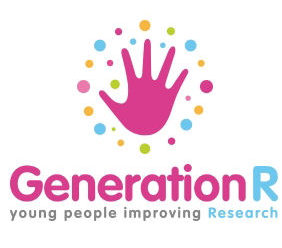Learning about ethics in research
This is an in-depth lesson in research ethics for children and young people aged 11 and upwards. The resources include videos, readings and practical exercises relating to a mock trial in asthma.
The materials were prepared by Kent, Surrey and Sussex Young Persons’ Advisory Group (YPAG) in collaboration with the Nuffield Council on Bioethics (part of the GenerationR Alliance).




Discussion
0 Comments